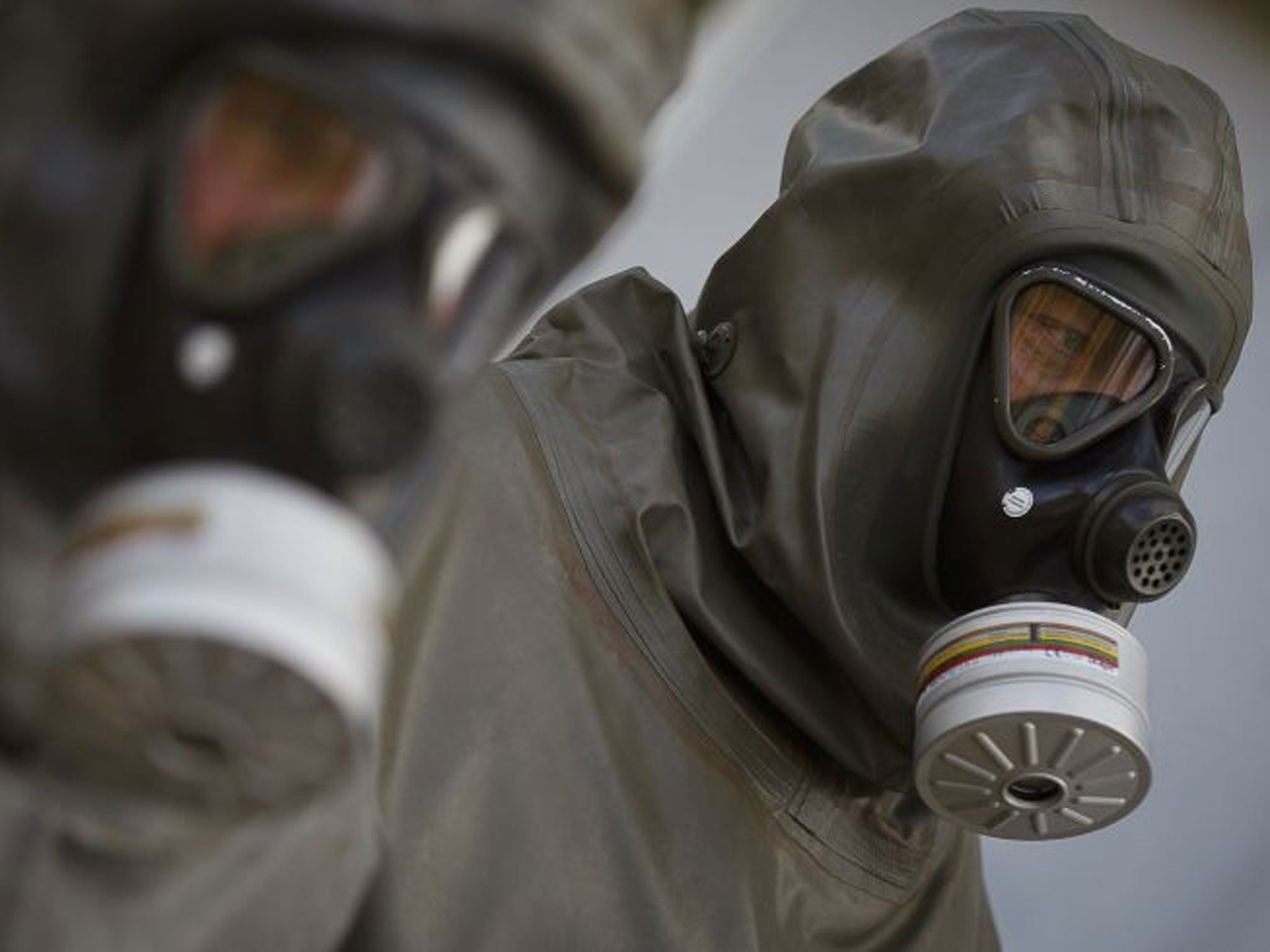Bad security could delay Syria weapons transfer

The head of the mission charged with destroying Syria's chemical weapons has said that preparations are on track to move the most dangerous chemical agents from sites in the war-torn country to the port of Latakia, but there are serious security issues on key roads.
Sigrid Kaag told reporters after briefing the UN Security Council that “there are factors beyond our control” which could affect the ambitious schedule to destroy Syria's entire chemical weapons program by mid-2014.
As an example, she said, bad security on the highway connecting Damascus and the northern city of Homs, which is a key artery en route to Latakia, forced her to fly to Beirut and then to Latakia by helicopter for a meeting in recent days.
The highway has been the scene of a months-long government offensive against rebels, and Kaag said if it can't be used to transport containers containing chemicals to the port, “it's a real issue.”
The Syrian government is responsible for providing security for the transfer of the containers to Latakia, “and of course there are security constraints that are serious,” Kaag said.
But for now, she said, there is no alternative to using Latakia.
France's UN Ambassador Gerard Araud, the current council president, said the first “crunch points” in eliminating Syria's chemical weapons were getting access to the sites and preparing the chemical agents for transport, and this “has been possible.”
He said “the next crunch points” are transporting the containers with chemical agents to Latakia, which will depend on security on the roads “which is still doubtful” — and then transporting the containers out of the country for destruction and final disposal of the chemicals.
Norway and Denmark have offered merchant ships to help transport chemicals, and the United States will provide a ship on which the most toxic chemicals can be destroyed at sea. Some three dozen private companies have expressed an interest in destroying less toxic chemicals, which make up the bulk of the 1,300 metric tons of weapons and chemicals declared by Damascus.
Kaag, a Dutch diplomat who leads the joint mission of the United Nations-Organization for the Prohibition of Chemical Weapons in Syria, said 35 million to 40 million euros are needed to destroy the chemical agents taken out of the country. She urged countries to contribute to an OPCW trust fund to pay the bill.
Kaag said the mission is waiting for confirmation by a member state — which she refused to identify — that one of its ports can be used to transfer the containers from the merchant ships to the US ship.
“We've done everything we can,” she said, stressing that the preparation of the containers and all the logistical requirements the mission asked for are in Syria. “Now we need to see that we can actually do it.”
Associated Press
Join our commenting forum
Join thought-provoking conversations, follow other Independent readers and see their replies
Comments